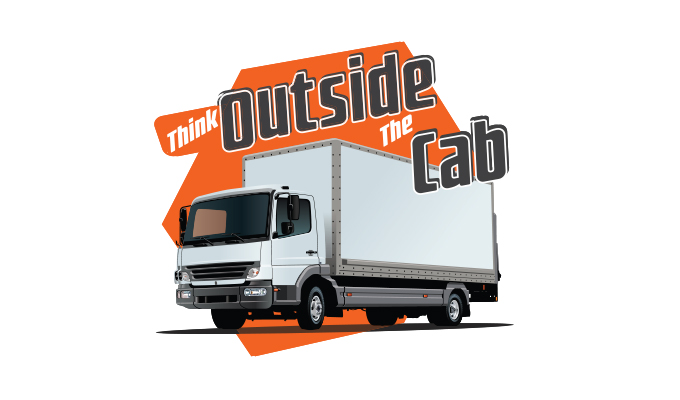If the pandemic has shown us anything, it’s that many things we used to do in person can now be done online. That includes shopping for a new fleet vehicle. Chris Davenport of AutoParts4Less.com shares with Modern WorkTruck Solutions his insights for the future of vehicle purchasing, whether it continues its pandemic trend online or moves back to the dealer lots.
From the desk of Chris Davenport
According to Forbes, there were nearly 3 million full and mid-size truck sales in 2020. At the height of the pandemic between January and April of 2020, JD Power reported a nearly 63% increase in online car and truck sales over 2019. Places like Carvana and Vroom saw sales increase anywhere from 40 to nearly 60%. However, even though new online sales had big increases, only 20% of new car shoppers got credit approval online and only 15% of shoppers got an appraised value for their trade-in vehicle online (via CNN).
THE FUTURE OF TRUCK BUYING
When the pandemic is under control, will Americans finally come out of their homes in large numbers and get back to offline dealerships and buying cars they can physically touch and road test before buying? Or will online car sales dominate because of the ease of the buying experience? After all, 99% of people surveyed have said they are not satisfied with the current car buying process—not to mention it can take as long as 5 hours.
But after all, America’s passion is its cars. I wouldn’t bet against the soul of this country. We are still a people that loves to go out, explore, and have fun. Once this pandemic is over, I suspect a lot of folks will purchase vehicles the old-fashioned way: at lots, dealerships, and sellers’ own homes.
WHAT ABOUT EVs?
When it comes to EV trucks, the field is wide open. There are at least 11 companies now in the process of manufacturing electric trucks with plans to control a market, which was estimated at $1.5 billion last year, according to Grand View Research. This number is expected to grow at an annual rate of over 43% for the next 5 years.
As far as online shopping for EVs however, this may be affected somewhat. The key factor dominating EV trucks sales right now is transportation. More than 90% of all Class 7 and 8 trucks, those who mostly drive for shipping and logistics, go 250 miles or less per trip, which represents a definite advantage to go electric as most battery power and re-energizing services only handle about that range now. It’s doubtful that trucking companies, especially big ones like FedEx, UPS, Old Dominion Freight, and others will resort to online methods to obtain new EV fleets, so it’s expected online sales for EV trucks won’t be that large just yet. Perhaps when more pickups, Jeeps, and off-road and SUV models are introduced, then the market should grow.




